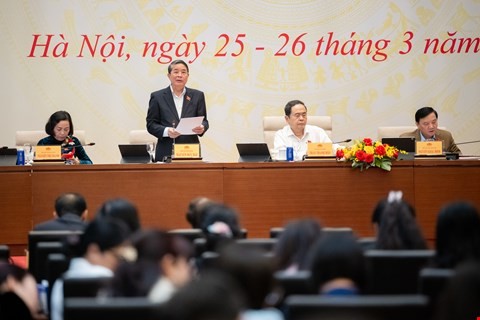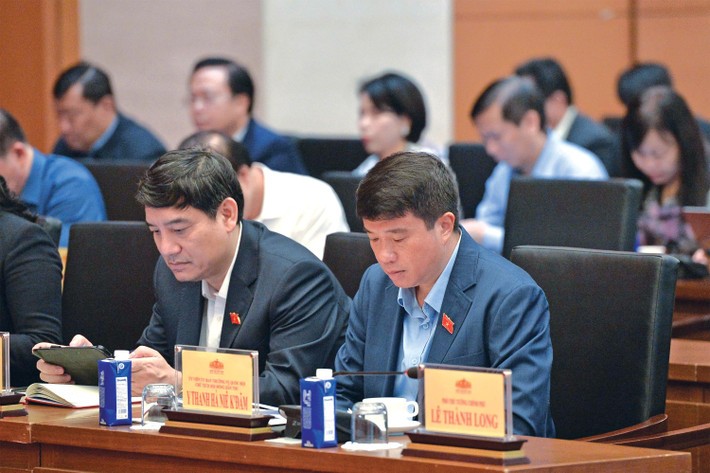
In a report presented at the 7th meeting of full-time National Assembly deputies on March 26, the National Assembly's Economic and Financial Committee highlighted that current CIT incentives remain modest and lack the impact needed to encourage stronger investment in R&D. Meanwhile, many countries effectively implement cost-based incentives, particularly additional R&D deductions, which should be adopted to drive business innovation.
The Standing Committee of the appraisal agency and the drafting agency (Ministry of Finance) have agreed to amend the draft law to permit businesses to deduct additional R&D expenses when calculating taxable income. The Government will provide detailed regulations on deductible amounts, conditions, and the scope of application.

The drafting agency will continue exploring further CIT incentives to promote technological development, innovation, and digital transformation, supporting the implementation of Resolution No.57-NQ/TW on advancing science, technology, innovation, and national digital transformation.
The revised draft of the CIT Law includes new provisions on tax obligations for foreign entities earning income from e-commerce and digital platforms, regardless of whether they have a permanent establishment in Vietnam.
To ensure consistency and uphold Vietnam’s taxation rights, the draft law stipulates that foreign businesses with a permanent establishment in Vietnam will be taxed like conventional enterprises. Those without a permanent establishment will be subject to a separate provision.

Regarding tax exemptions, the revised draft clarifies that exemptions in the agricultural sector apply only to income from cultivation, livestock farming, and the processing of agricultural and aquatic products, excluding commercial activities.
The amended CIT Law is expected to be reviewed and approved by the National Assembly during its ninth session, set to begin in early May.
























